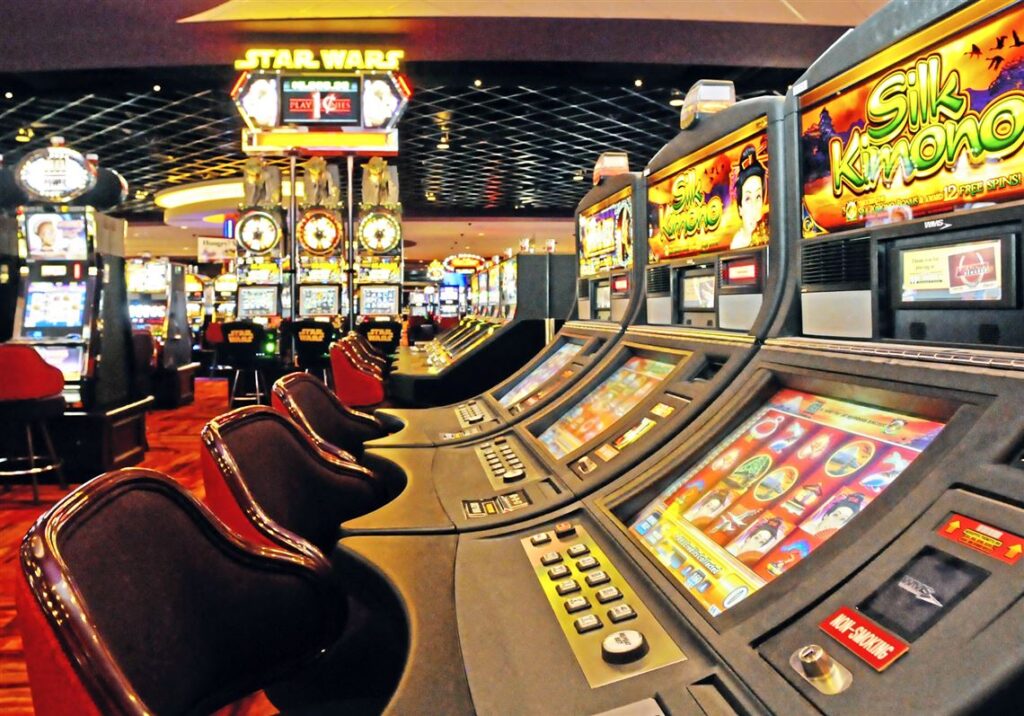The evolution of technology has significantly transformed the landscape of the gambling industry, particularly in the realm of online slot machines, often referred to as slot gacor, a term popularized in Southeast Asia to describe slots that are considered to be hot or likely to yield frequent wins. The integration of advanced technologies into this sector has not only enhanced player experience but also increased engagement and revenue for operators. A statistical analysis of the impact of technology on slot gacor reveals critical insights into player behavior, game design, and revenue generation. One of the most notable advancements in technology is the development of sophisticated random number generators RNGs. These algorithms ensure that each spin of the slot machine is entirely random, promoting fairness and unpredictability. Statistical studies show that games utilizing RNGs offer a more consistent payout percentage, typically around 95% to 98%. This level of transparency and fairness has been a game-changer in attracting players, as they feel more confident in their chances of winning.
Furthermore, enhanced RNG technology has allowed for more complex game mechanics and diverse themes, thereby broadening the appeal of slot games to a wider audience. The introduction of mobile technology has also revolutionized the gambling experience. With the rise of smartphones and tablets, players can now access their favorite slot games anytime and anywhere. Statistical data indicates that over 70% of online gambling revenue now comes from mobile devices. This shift has prompted game developers to optimize their products for mobile platforms, leading to the creation of user-friendly interfaces and engaging gameplay. Additionally, mobile technology has facilitated innovations such as live dealer games and augmented reality, creating immersive experiences that were previously unimaginable. Moreover, the integration of artificial intelligence AI in the gambling sector has further impacted slot gacor. AI algorithms analyze player behavior and preferences, allowing operators to personalize gaming experiences and offer targeted promotions. Statistical analysis shows that personalized marketing strategies can increase player retention rates by up to 20%.
By leveraging data analytics, operators can identify which games are trending and adjust their offerings accordingly, ensuring that they remain competitive in a saturated market. Furthermore, social gaming features and gamification have emerged as essential components of slot gacor hari ini machines. Features such as leaderboards, achievements, and community challenges enhance player engagement and encourage social interaction. Statistical reports indicate that players who engage with social features spend 30% more time on gaming platforms than those who do not. This increase in engagement not only boosts the average player’s lifetime value but also attracts new users through word-of-mouth and social sharing. The impact of technology extends beyond player engagement; it also significantly affects the financial performance of operators. Operators can identify which games are performing well and which are not, leading to informed decisions about game development and marketing strategies. As a result, revenue generation has improved, with many operators reporting year-over-year growth rates exceeding 20% in some markets.